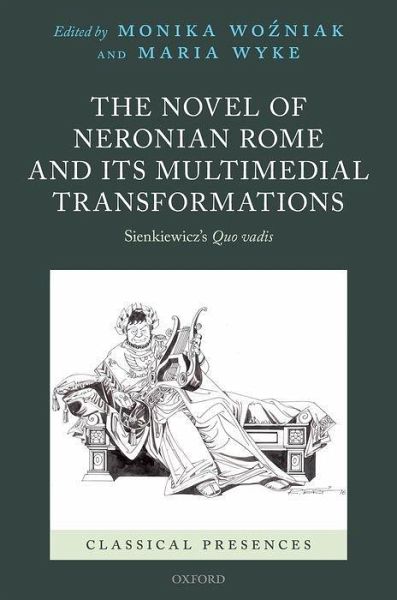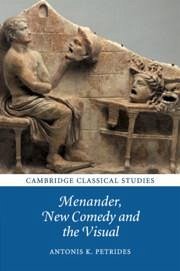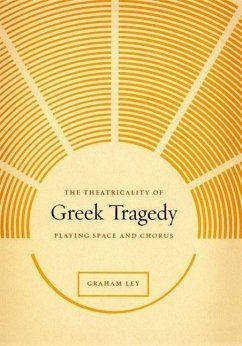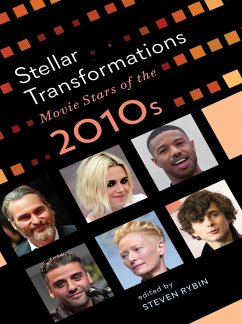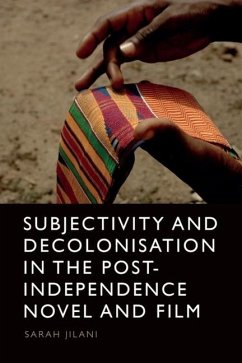Monika Wöniak is Associate Professor of Polish Language and Literature at the University of Rome 'La Sapienza'. Her research has addressed issues of literary translation, children's literature in translation, and audiovisual translation. She is co-author of Historia na ekranie. Gatunek filmowy a przek¿ad audiowizualny (History on the Screen. Cinematographic Genre and Audiovisual Translation) (Kraków, 2018). She is co-editor of Cinderella across Cultures (Wayne University Press, 2016) and the conference proceedings Quo vadis: da caso letterario al fenomeno della cultura di massa (Rome, 2016). Maria Wyke is Professor of Latin at University College London. Her research interests include the reception of ancient Rome, especially in popular culture. She is the author of Projecting the Past: Ancient Rome, Cinema and History (Routledge, 1997), The Roman Mistress: Ancient and Modern Representations (OUP, 2000), Caesar: A Life in Western Culture (Granta and the University of Chicago Press, 2007), and Caesar in the USA (University of California Press, 2012). Wyke has edited or co-edited eight volumes to date, including The Ancient World in Silent Cinema (CUP, 2013), Julius Caesar in Western Culture (Blackwell, 2006), and The Uses and Abuses of Antiquity (Peter Lang, 1999).
